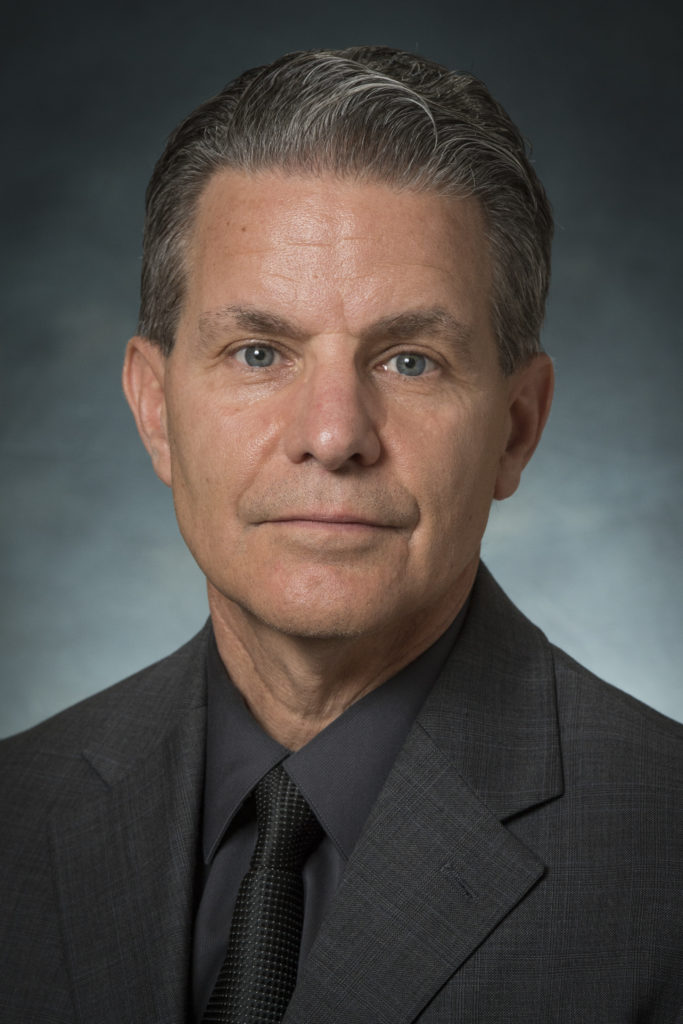By DAVID INTROCASO

After having labored in DC for sixteen years, in 2013 I created The Healthcare Policy Podcast. The title was partially supposed to be sarcastic as a result of healthcare policymaking in DC could be very narrowly drawn. Consequently, healthcare supply is excessively commodified, reductionistic and financialized or in sum anachronistic and paradoxically missing buy. If the coverage goal was well being, we’d be more healthy. We’re not. For instance, although anthropogenic warming poses the best risk to human well being, we’ve no associated healthcare coverage.
Amongst extra standard points, there isn’t any critical coverage dialogue concerning HHS’s mission “to boost . . . the well-being of all People. That we deal with the illness not the particular person means we outline well being as merely the absence thereof. The identical for extra deaths, comparatively declining life expectancy and compressing morbidity amongst Medicare beneficiaries who will quickly exceed 20% of the inhabitants. As for youngsters, HHS’s current “Make Our Children Healthy Again” report expressed concern about kids’s cardio health however was silent concerning the prevalence of childhood sexual abuse regardless of Jeffrey Epstein and the Congress’s personal serial little one molester former House Speaker Dennis Hastert. Bizarrely, the AMA has but to rescind Speaker Hastert’s 2006 Nathan Davis award for “excellent contributions to the betterment of public well being.” The HHS report was additionally silent about Medicaid reform regardless that this system offers healthcare for roughly half of US kids. It’s equally outstanding how seldom if ever names like Arrow, Canguilhem, Farmer, Foucault, Illich, Marmot, Starfield and Virchow are mentioned in healthcare coverage circles.
Now after OBBBA cuts to the Medicaid and Medicare applications, 500 rounds fired into six CDC buildings, one killing a police officer, and 7 months of HHS ethical obliquity we’re confronted with the truth that healthcare policymaking is now unambiguously on the highway to nowhere. This can be as a result of, having failed to understand Richard Hofstadter, Humphrey Constructing management is busy fomenting a brand new chapter in anti-intellectualism. We’re left to ask if healthcare enshittification has now been achieved probably as a result of healthcare policymakers have adopted Mark Manson’s “The Refined Artwork of Not Giving a F*ck.”
The excellent news is the storm and stress about HHS now not being match for objective might be successfully cured if the Congress, together with assist from MedPAC, MACPAC and others, would work to free the division from politicization or partisan affect by redefining it as an unbiased company. If policymakers exercised extra creativeness such a easy and apparent reform would have already obtained critical consideration.
The thought of an unbiased HHS has at the very least been acknowledged. Roughly twenty years in the past Dr. Arnold Relman, the esteemed former editor of The New England Journal of Drugs, argued healthcare be managed by a “National Health Care Agency” outlined as a hybrid public-private entity like, he mentioned, the Federal Reserve. Equally, HHS can be ruled by an unbiased board whose members can be nominated by the president and confirmed by the Senate for 14-year phrases.
The thought surfaced once more in some element in 2016 when six former FDA commissioners, 4 appointed by Republican presidents, advisable the FDA become an independent agency. The commissioners argued the FDA’s independence was essential to firmly floor determination making in scientific proof, pace innovation, promote the capability to behave swiftly and to boost accountability, transparency and public confidence.
Six years after that the Authorities Accountability Workplace (GAO) stumbled onto the thought. Early in 2022 the GAO added HHS management to its Congressional “High Risk List” that identifies govt division operations and applications dealing with critical mismanagement and in want of transformation. HHS management was named as a result of the GAO discovered from the CDC, FDA, NIH and the Administration for Strategic Preparedness and Response (ASPR) that political interference could have compromised HHS’s COVID-19 response.
Consequently, GAO published a report that December that examined how HHS businesses are topic to political affect and the way if in any respect it may be minimized. The GAO concluded that HHS businesses had a rising variety of political appointees serving in key senior management positions that included their taking part within the CDC’s Morbidity and Mortality Weekly Report evaluation course of. HHS had nonetheless “few, if any structural traits,” the GAO discovered, “that may assist insulate them from political interference.”
For instance, HHS can’t bypass forwarding its finances, regulatory guidelines and communications with the Congress to the White Home Workplace of Administration and Finances (OMB) for evaluation. To mitigate or keep away from political affect GAO naïvely hoped company management and advisory committees, a tradition of scientific integrity and regulatory, peer-review and clearances processes would work. About an unbiased FDA, the GAO was noncommittal.
Past avoiding gobsmackingly bananas political demagoguery – vaccines are evidently now not a medical miracle regardless of having averted an estimated 154 million deaths in current reminiscence – an unbiased HHS could be much less corrupted by regulatory seize and the Congress largely unburdened from having to make healthcare coverage for a science and a market about which its members regularly seem to know too little or not sufficient and/or consider our well being and healthcare is just not sufficiently essential to transcend politics. The issue after all is the healthcare foyer spent $650 million final 12 months. If HHS was free of particular curiosity politics, the division may dwell as much as its Independence Avenue handle.
David Introcaso is a healthcare analysis and coverage marketing consultant primarily based in Washington, D.C
